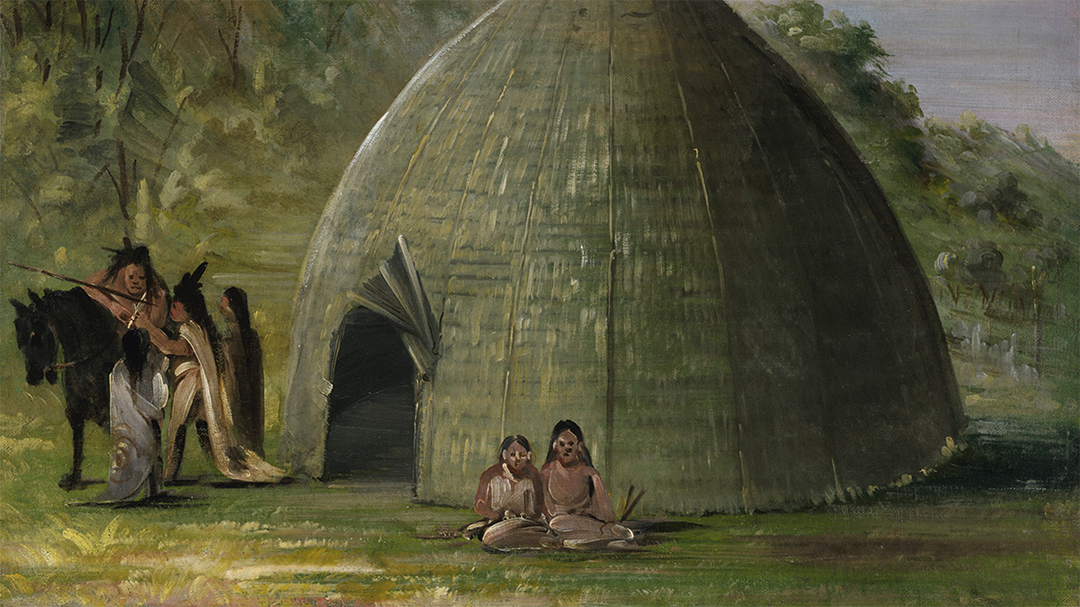
Tuesday, April 2, 2024 - 4:30pm to 6:00pm
Lost City, Forgotten Country: Quivira and the Wichita Tribe
Penn Museum
This event is free and open to the public
Today, Quivira is nearly forgotten, its real history shrouded in myth. This talk will survey what we now know about the place and what happened to it.
In 1601, a small Spanish army stumbled upon a community of approximately 20,000 people. Ancestors of today’s Wichita tribe, the people of the city of Etzanoa belonged to just one of a number of similar communities in a place known as Quivira. The city of Etzanoa lay along five miles of both banks of the Walnut River in what is today central Kansas. There was a similar-sized community a few miles north of it, and Francisco Vasquez de Coronado claimed to have seen at least a dozen more like it.
In 1601, Quivira was the economic center of what is now the southern United States. Its residents supplied bison products from coast to coast. A Mojave man from southwestern Arizona described it to a Spaniard in 1541, while in 1540, people in eastern Arkansas told De Soto’s men that residents in the great towns there could help them get to New Spain because they had translators who spoke the language of the Aztecs.
About the Speaker
Don Blakeslee, Ph.D.
Don Blakeslee, Ph.D., Anthropology Professor at Wichita State University, specializes in the archaeology of the Great Plains. He researches the time of the earliest settlement of the Americas to the historic period, and his work has carried him from Montana to Texas. He also has had a long-term interest in native trails and sacred sites. He has served as president of the Professional Archaeologists of Kansas and of AASCK, a society for amateur archaeologists.
Sponsored by the Center for Ancient Studies
https://www.penn.museum/calendar/292/lost-city-forgotten-country-quivira-and-the-wichita-tribe

